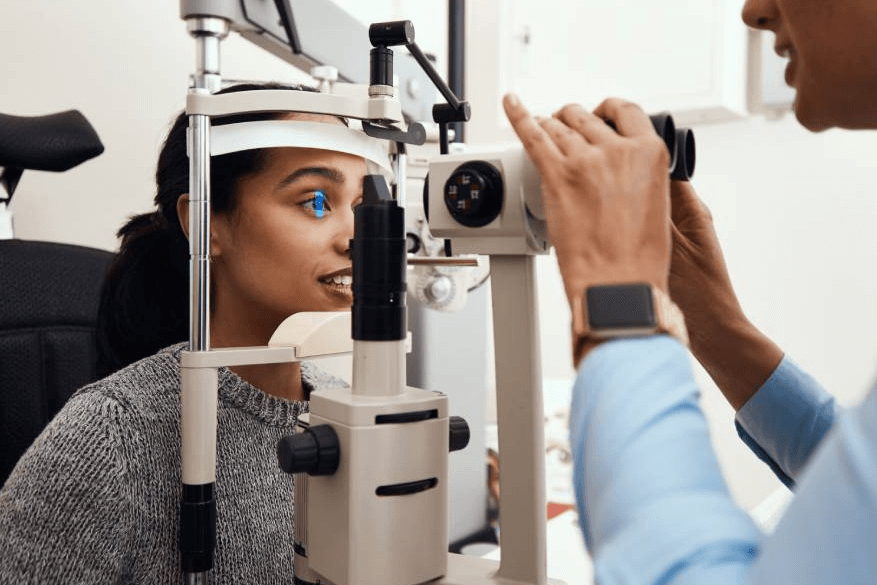Cataract Treatments,Eye and Vision Exams,Eye Specialists of Napa Valley,Our Team

Maintaining good eye health is crucial for preserving your vision and overall quality of life. Regular eye exams are an essential part of this, particularly as you age. Cataracts, a common condition that clouds the lens of the eye, can significantly impact your vision if left untreated. At Eye Specialists of Napa Valley in Napa, CA, a comprehensive cataract exam is key to diagnosing the condition early and exploring the best possible options for cataract treatment. By understanding the importance of these exams, you can take proactive steps to address any vision issues and ensure your eyes remain healthy.
What are the initial steps of the eye exam?
Your eye exam at our Napa, CA office will begin with a discussion of your medical history and any symptoms of cataracts you may be experiencing. Common cataract symptoms include blurry vision, difficulty seeing at night, and increased sensitivity to light. Understanding these symptoms helps our team tailor the exam to your specific needs and determine if cataracts are affecting your vision.
What tests will be conducted to check for cataracts?
Several tests are performed to diagnose and evaluate cataracts. Some tests may include:
- Visual acuity test: This test measures your ability to see clearly at different distances using an eye chart, helping to determine the extent of cataract impact on your vision.
- Contrast test: A contrast test evaluates how well you can distinguish between different shades and contrasts, which helps determine the impact of cataracts on your vision.
- Slit lamp examination: A slit lamp is used to examine the lens and other eye structures, providing a detailed view to identify cataract development and its effects.
- Retinal examination: By dilating your pupils with eye drops, the ophthalmologist can thoroughly examine the retina and lens to assess the presence and severity of cataracts.
- Potential acuity measure (PAM) exam: This exam assesses the clarity of your vision by predicting how well you might see through a cataract, helping to determine if cataract surgery is necessary.
What can you expect after the eye exam?
After your cataract exam, there are a few things to keep in mind as you await your results. If your pupils were dilated during the examination, you might experience temporary light sensitivity and blurred vision. This is a normal part of the process, and symptoms usually subside within a few hours. It’s a good idea to bring sunglasses to reduce discomfort and to arrange for transportation if needed, as driving may be challenging while your vision is still affected. We will discuss the findings with you and outline the next steps, whether it involves monitoring your condition or exploring treatment options.
What happens if cataracts are detected?
If cataracts are found during your exam, we will discuss the appropriate cataract treatment options based on the severity of your condition. In some cases, if cataracts are not significantly affecting your daily life, you may just need regular monitoring. However, if your vision is impaired, cataract removal surgery might be recommended to restore clear vision.
Address your cataract concerns today
If you’re noticing symptoms of cataracts, don’t wait to get the care you need. Schedule an appointment with Eye Specialists of Napa Valley for a thorough cataract exam and personalized cataract treatment. Our team is dedicated to helping you achieve the best vision possible. Contact us in Napa, CA to get started.